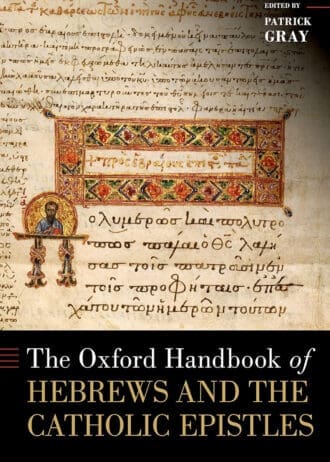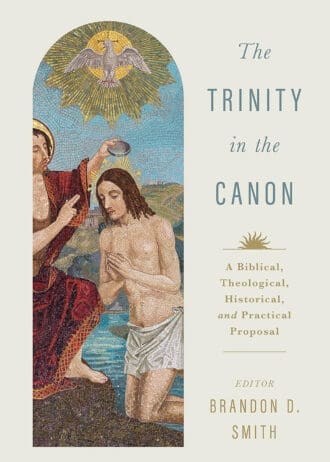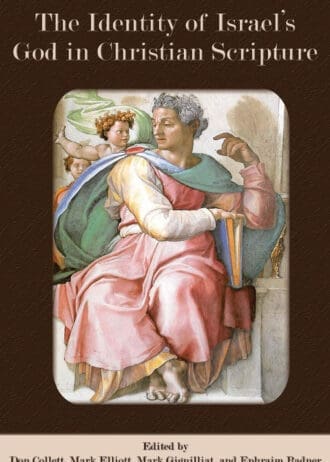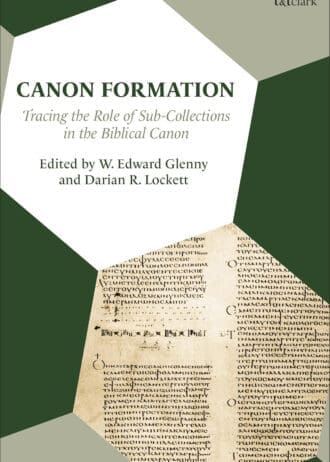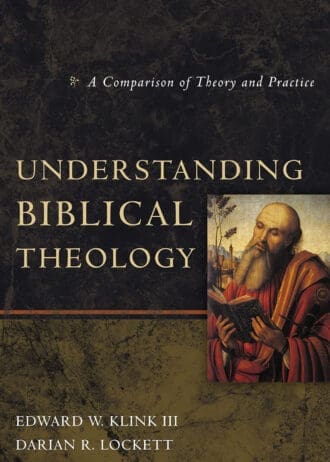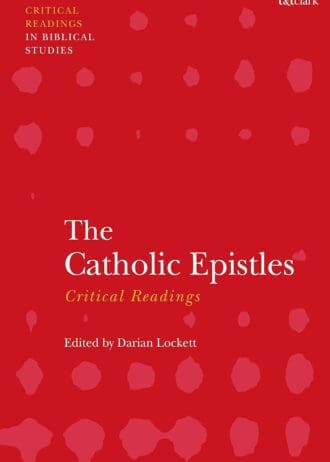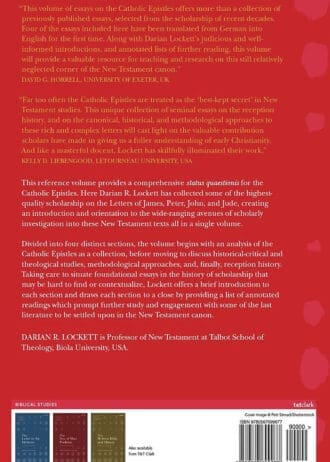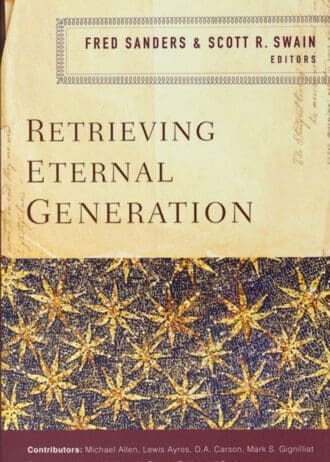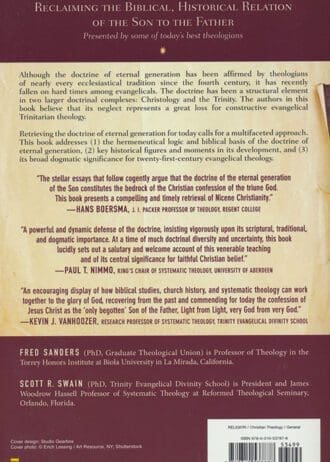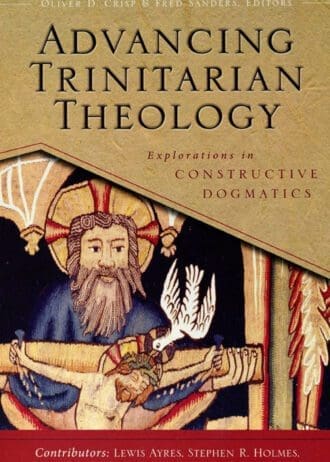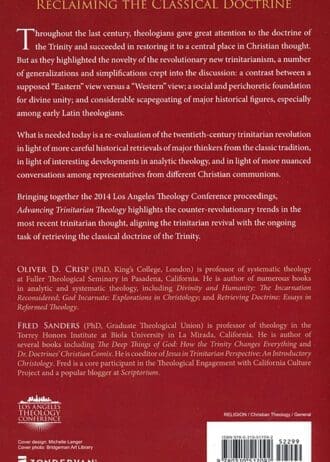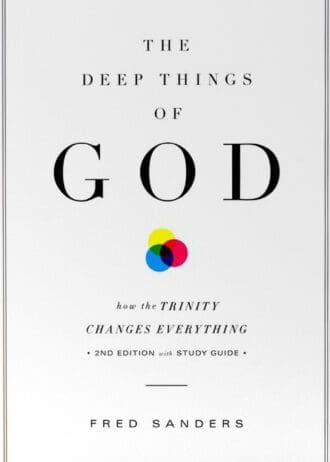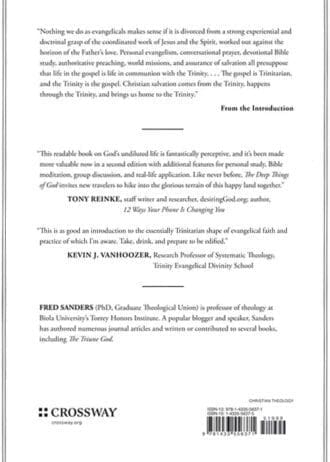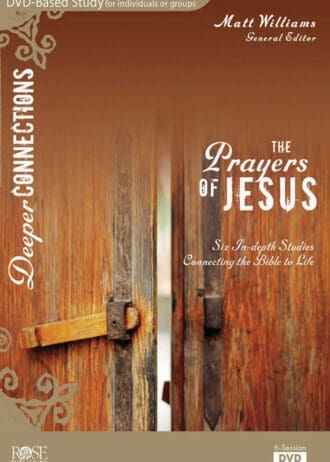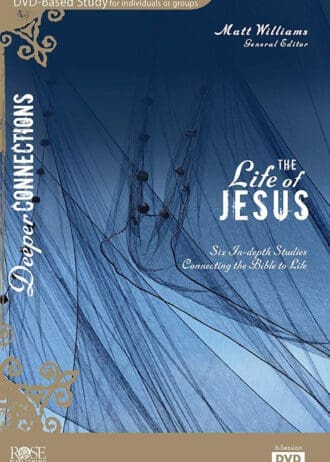What historical, political, and ecclesial realities drove the canonization of the New Testament?
How are the doctrines of Early Christianity related to the formation of the New Testament?
Should the New Testament differ in authority from other early Christian texts?
As these questions demonstrate, the enduring influence of the New Testament does not lessen the dispute over the events and factors leading to its adoption. Five Views on the New Testament Canon presents five distinct ways of understanding how the New Testament came to be:
- A Conservative Evangelical Perspective — Darian R. Lockett
- A Progressive Evangelical Perspective — David R. Nienhuis
- A Liberal Protestant Perspective — Jason David BeDuhn
- A Roman Catholic Perspective — Ian Boxall
- An Orthodox Perspective — George L. Parsenios
Each contributor addresses historical, theological, and hermeneutical questions related to the New Testament canon, such as what factors precipitated the establishment and recognition of the New Testament canon; the basis of any authority the New Testament has; and what the canon means for reading and interpreting the New Testament. Contributors also include a chapter each responding to the other views presented in the volume. The result is a lively exchange suitable for both undergraduate and graduate students seeking to grasp the best canon scholarship in biblical studies.


